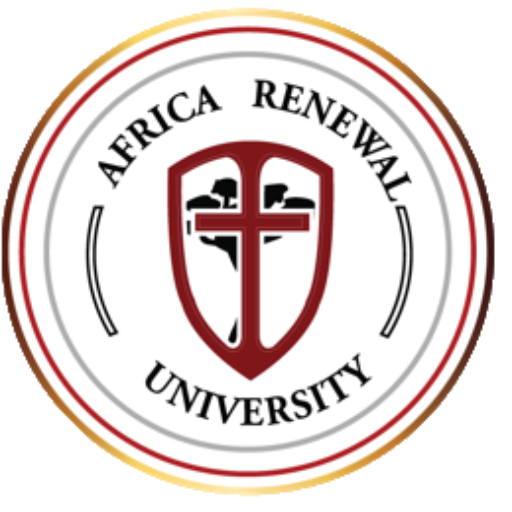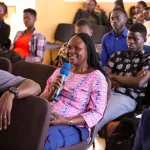Year 1
- Introduction to Mass Communication
- Introduction to Political Science
- Production in Photography and Videography
- Introduction to Economics
- Christian Worldview
- Computer Literacy I
- Research and Writing Skills
- Communication Skills
- Media History
- Classical and Modern Political Thought
- Introduction to Print and Electronic Media
- Post-Production in Photography and Videography
- Computer Literacy II
- Spiritual Formation
Year 2
- Introduction to Public Relations
- Broadcasting: Radio, TV, and Videography
- Photojournalism
- News Writing and Reporting
- Advertising Copy Layout
- Media Ethics
- Internship I (Field Attachment)
- Web Programming (HTML)
- Media Graphics
- Newspaper Editing
- Public Affairs Reporting
- State and the Economy
- Mass Media and Society
- Design for Web, Print, and Publication
- Research Methods
Year 3
- Newspaper and Magazine Production
- The Art of Public Speaking
- International Relations
- Radio Production
- Development Communication
- Issues in Mass Communication
- Media and Human Rights
- Internship II
- Specialized Writing
- Media Management
- Public Relations and Media Practice
- Television Production
- Multimedia/Digital Journalism
- Dissertation (Project Report)
- Transformational Leadership
- Logic and Critical Thinking
Entry Requirements
Direct Entry
- Uganda Certificate of Education (UCE) with at least 5 passes
- Uganda Advanced Certificate of Education (UACE) with 2 principal passes (preferably Literature, History, or Economics)
- Kenya 8-4-4 system: C+ or equivalent via Higher Education Certificate
Diploma Entry
- A relevant diploma (Upper Second or Credit) from an institution recognized by NCHE
Mature Age Entry
- A minimum score of 50% in the Mature Age Examination certified by a recognized center
International Applicants
- Completion of secondary education qualifying for university entry in your home country
- May require equivalency certification (UNEB or NCHE)
- Proof of English proficiency if prior education was not in English
Career Opportunities
Graduates can pursue careers as:
- Print or Broadcast Journalist
- Multimedia Producer
- Public Relations Specialist
- Digital Content Creator
- News Editor
- Corporate Communications Officer
- Advertising Executive
- Television/Radio Presenter
- Social Media Strategist






